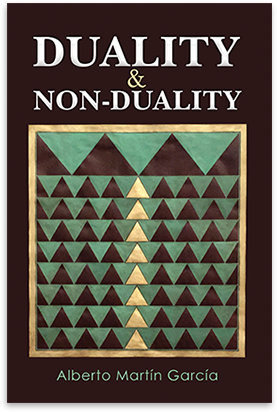
What evidence is there that consciousness is anything other than biological?
One could turn the question around and ask the neuro-physiologists and other cognitive experts how can they explain consciousness on the basis of brain physiology. Their provisional answers in terms of an emergent phenomenon related to the brain and its complexity are not satisfactory or sufficiently compelling - at least up to the present. The following account is as seen from a different angle - and is excerpted from the article mentioned at the bottom:
‘The so-called Hard Problem (Chalmers 1995) of consciousness is the problem of explaining the relationship between the objective physical world and our subjective conscious experience. It seems to be difficult to satisfactorily explain conscious subjective experience in purely objective physical terms, say in terms of brain activities. Such explanations (of subjective experiences as the firing of neurons in the brain for example) always seem to leave out an essential ingredient of experience – that it feels a certain way to the subject having that experience. There is something ineffable about the subjective nature of conscious experience.
Chalmers distinguishes between this hard problem and 'easy problems' of consciousness. The easy problems concern the objective study of the brain. The matter for investigation here is how the brain causes the wide variety of cognitive, affective and conative activities of humans (and other creatures too). It involves mapping brain states with observed or reported behaviour. Of course, these problems are easy only in a philosophical sense – practically speaking, neuroscientists have to work very hard indeed, using ever more sophisticated technology (fMRI is in fashion now), to solve the so-called 'easy' problems of consciousness.
Take the example of pain – it can be understood as a state that is typically caused by bodily damage, and which makes us want to avoid further damage. Neuroscientists can then show how A-fibre and C-fibre transmissions occur during pain, and presumably, cause the pain sensations. Similarly, objective studies can be made for vision, hearing, attention, language, memory and so many other areas of conscious activity. But none of this actually explains the subjective feelings involved. These are 'easy problems' – the hard problem is to explain the feelings themselves – where do they come from? Why does pain feel like something?’
Ancient Wisdom, Modern Questions: Vedāntic Perspectives in Consciousness Studies
Post Views : 293